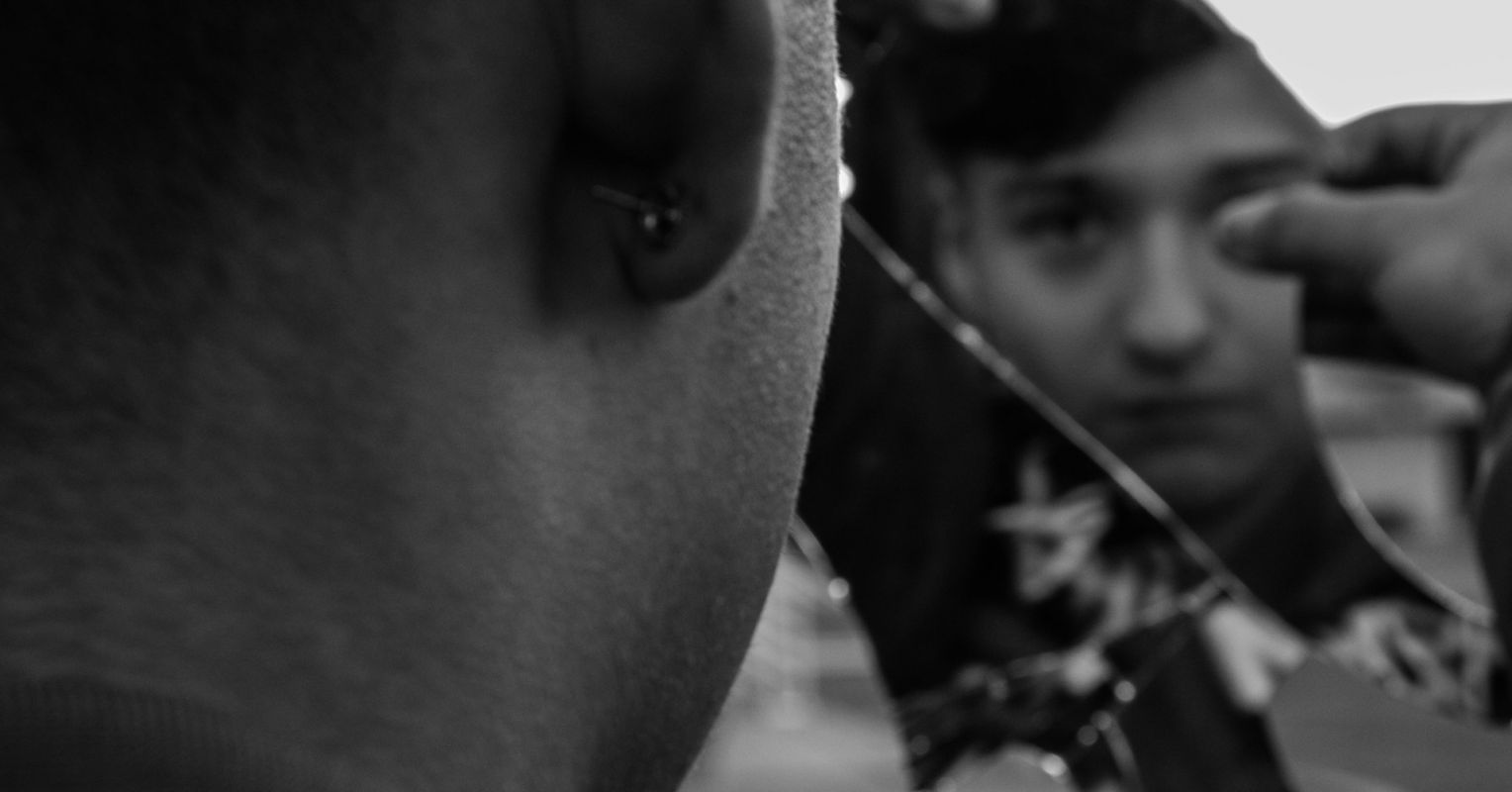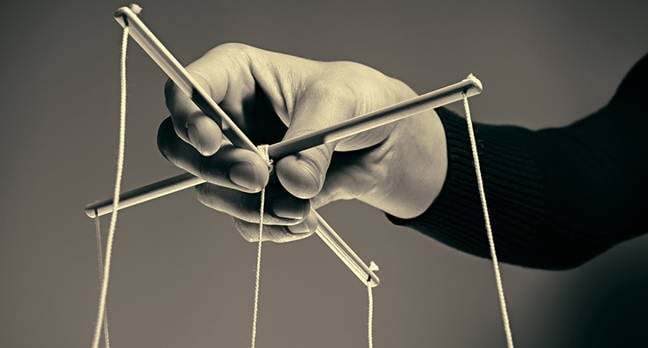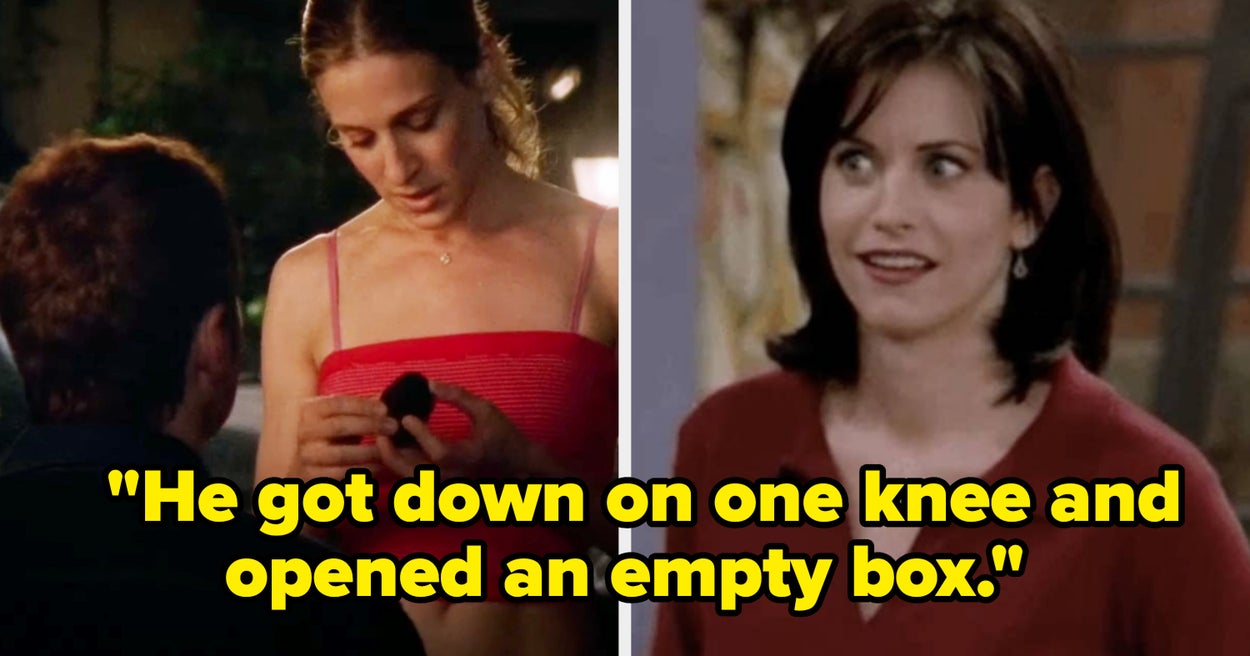#emotional-manipulation
#emotional-manipulation
[ follow ]
#narcissistic-abuse #gaslighting #relationships #ai-companions #family-dynamics #mental-health #user-engagement
Information security
fromFortune
1 week agoA widow lost $39,000, her house, and six dogs after a scam. 'If the story wasn't so horrible, people wouldn't pay attention.' | Fortune
Emotional manipulation in online relationships leads victims to share money or account access, causing catastrophic financial and personal losses.
fromBusiness Insider
1 month agoPope Leo's latest AI warning: 'overly affectionate' chatbots
"Overly affectionate chatbots, besides being ever-present and readily available, can become hidden architects of our emotional states, thereby invading and occupying the sphere of people's intimacy," the first-ever US-born pope wrote. "All stakeholders - from the technology industry to policymakers, from creative businesses to academia, from artists to journalists and educators - must be involved in building and implementing a conscious and responsible digital citizenship," the pope wrote.
Artificial intelligence
fromwww.nytimes.com
2 months agoThe Diary of a Jeffrey Epstein Girlfriend Shows How He Used Women
In this entry, Schmidt described how a married colleague told her that he liked her and how she then relayed the conversation to Epstein. His response was that Schmidt was being naive if she thought the man was looking for anything other than sex.
Relationships
fromPsychology Today
2 months agoHoovering: When Narcissists Try to Pull You Back In
Hoovering isn't about genuine love or reconnection. It's a manipulation tactic used by narcissists or emotionally abusive partners to regain control once they sense you're leaving or have moved on. This behavior can happen days, months, or even years after the breakup. It often starts when the narcissist feels lonely or threatened, or isn't getting any "narcissistic supply" or attention from their usual sources. The Psychology Behind Hoovering Narcissists seek control and power over you. When you go no-contact or start to rebuild a life separate from them, it challenges the narcissist's fragile self-esteem.
Relationships
fromPsychology Today
3 months agoWhen Gratitude Is Weaponized: 5 Questions for Discernment
Admittedly, the advice to be grateful is often good-studies link gratitude to a broad range of positive effects on mental health, well-being, and more. For instance, market research reveals that businesses that prime their messaging with gratitude can move people away from entitled and materialistic attitudes (Lee & Namkoong, 2022). New research also shows that prayers of thanksgiving-rather than prayers of requests-are associated with higher psychological well-being (Fukuromoto & Abe, 2025).
Mental health
fromBuzzFeed
3 months agoTherapists Are Sounding The Alarm On "Dry Begging" - A Common Manipulation Tactic Among Couples
Instead of making a straightforward request or voicing a direct want, someone who is dry begging hints at a need or makes a vague complaint, Cetnar added. So, instead of stating, "I wish we spent more time together," someone who is dry begging may say, "Oh, I guess I'll just stay home with the cat" - they're hinting at their displeasure instead of addressing it.
Relationships
fromHuffPost
4 months ago'Dry Begging' Is A Form Of Emotional Manipulation That Sounds All Too Familiar
Have you ever frustratingly mumbled to your partner that it "must be nice to have a partner who walks the dog" in hopes of them walking the dog more often? Or have you ever sighed that you'll "just do the errands alone" even though you don't want to? Turns out, you may be dry begging, a tool that people use in relationships of all sorts to get their needs met.
Relationships
fromPsychology Today
5 months ago7 Ways People Communicate They're Unhappy in Relationships
When partners are unhappy, they communicate this mostly indirectly. They don't just express unhappiness during arguments - they're meaner, sabotage their partners, and deliberately stir negative emotions. They often have the attitude "If I'm unhappy, you're going to be unhappy too." Below are seven communication patterns people exhibit when they're unhappy in their relationship. This article isn't meant to be judgmental. Readers may notice they're enacting some patterns and on the receiving end of others.
Relationships
fromPsychology Today
5 months agoThe Math of Manipulation in Relationships
Denominator neglect happens when someone focuses on the big picture (the total number of events) while ignoring the actual harm caused by a specific one. In math terms, it's like a fraction: the numerator (top number) is the painful event that affected you, and the denominator (bottom number) is the total number of times something happened. Denominator neglect is used to downplay serious issues by minimizing their impact, shifting blame onto you, or refusing accountability.
Relationships
Mental health
fromPsychology Today
8 months ago"Shunishment" Blends Boundaries With Manipulation
Shunishment uses presence and absence to control behavior and create fear.
It relies on vague, shifting rules and can emerge from avoidant attachment styles.
Shunishment may suppress self-expression, particularly for marginalized groups.
Digital life
fromPsychology Today
9 months agoDigital Seduction Silently Undermines Our Power and Influence
Technology's manipulative design diminishes individual influence and autonomy.
Digital distractions hinder critical thinking and self-determination.
Dystopian literature provides relevant warnings about modern technological society.
fromBuzzFeed
10 months agoThis Woman Just Found Out That Her Husband Has Been Purposely Tightening All Of Her Jar Lids For The Last Five Years. Now, She's Divorcing Him For Gaslighting Her
Not the asshole. Your husband has spent five years deliberately making your life harder in tiny ways and then lying to your face to make you think you are crazy.
Parenting
[ Load more ]









